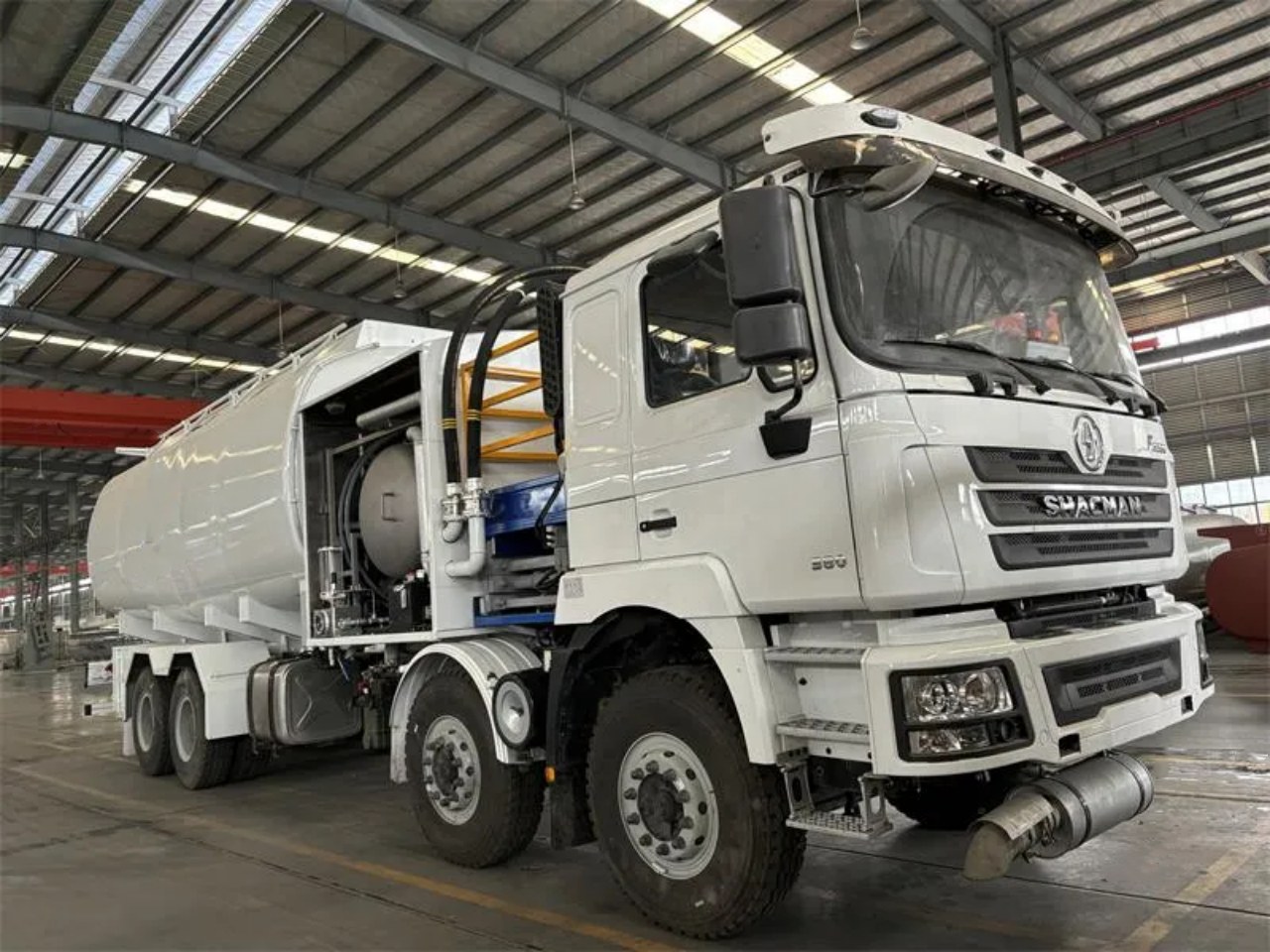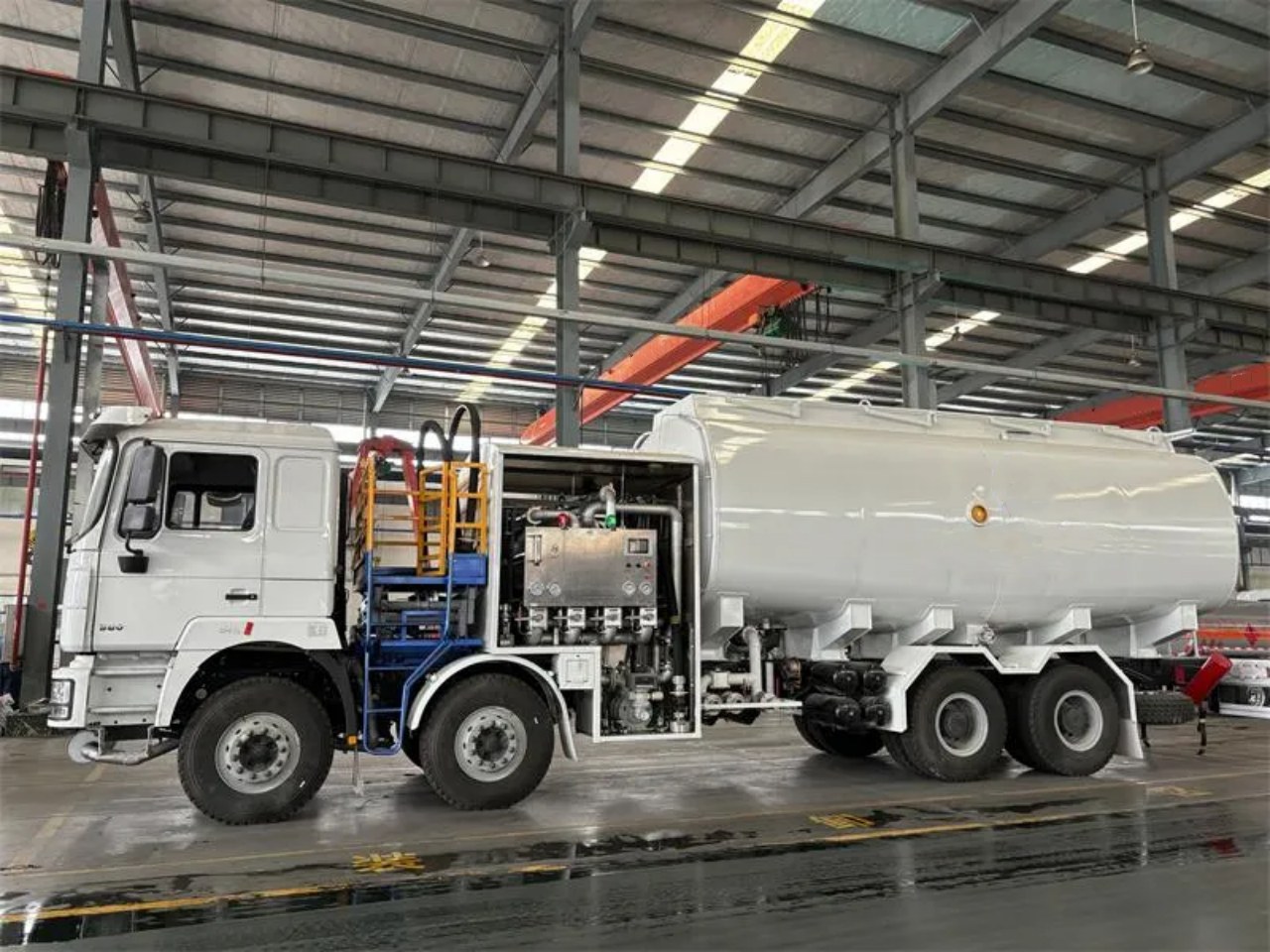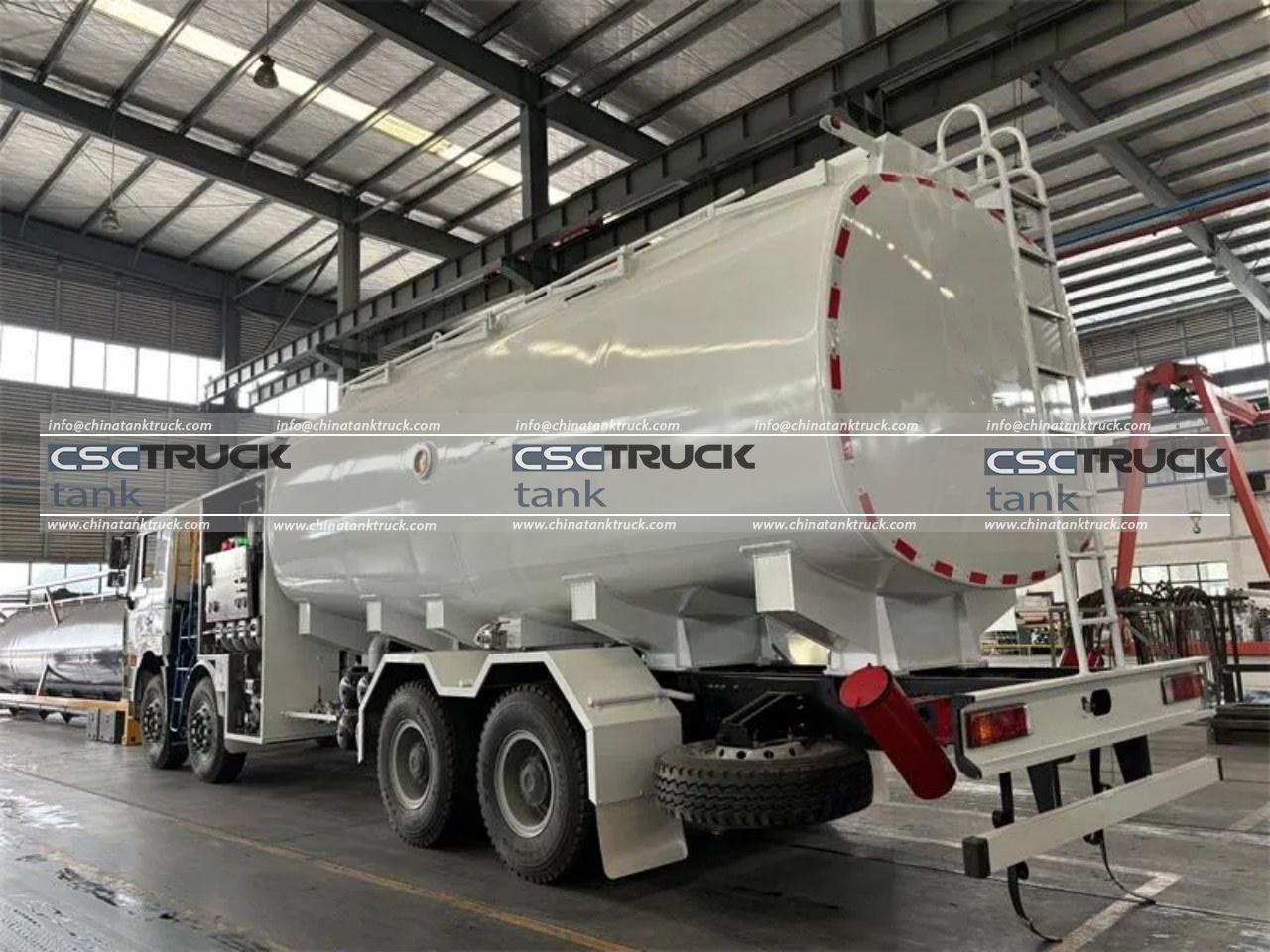Airport fuelers, also known as aircraft fuelers or aviation fuelers, play a crucial role in the operations of airports around the world. Their responsibilities revolve around safely and efficiently fueling aircraft, ensuring that planes are ready for their journeys with the necessary fuel. This article explores the role of airport fuelers in detail, covering their duties, training requirements, equipment used, and the importance of their role in aviation safety and efficiency.
Duties of an Airport Fueler
Airport fuelers are primarily responsible for fueling aircraft, requiring precision and adherence to strict safety protocols. Their duties typically include:
- Fueling Aircraft: Airport fuelers are tasked with safely delivering the correct type and quantity of fuel to aircraft. This involves connecting fuel hoses to aircraft fueling ports and monitoring fueling processes to prevent overfilling or spills.
- Performing Safety Checks: Before fueling, airport fuelers conduct visual inspections of aircraft fueling ports and surrounding areas to ensure there are no leaks or safety hazards.
- Following Regulations: They must comply with aviation regulations and guidelines set by aviation authorities to ensure safe and efficient fueling operations.
- Maintaining Records: Airport fuelers keep detailed records of fuel transactions, including the amount of fuel dispensed, aircraft identification, and time of fueling.
- Responding to Emergencies: In the event of fuel spills or emergencies, airport fuelers are trained to respond quickly and effectively to minimize risks and ensure safety.

Training and Qualifications
Becoming an airport fueler typically requires specialized training and certifications due to the critical nature of the job. Key aspects of their training include:
- Safety Training: Airport fuelers undergo rigorous safety training to handle fueling equipment safely and to respond to emergencies.
- Technical Training: They receive training on how to operate fueling equipment, including fuel trucks and hoses, as well as understanding different types of aviation fuels.
- Regulatory Knowledge: Knowledge of aviation regulations and safety protocols is essential for airport fuelers to perform their duties compliantly and safely.
- On-the-Job Training: New airport fuelers often receive on-the-job training under the supervision of experienced personnel to gain practical experience in fueling procedures.
Equipment Used
Airport fuelers use specialized equipment to perform their duties efficiently and safely:
- Fuel Trucks: These vehicles are equipped with tanks that store aviation fuel and are designed to deliver fuel directly to aircraft.
- Fuel Hoses and Nozzles: Airport fuelers use hoses and nozzles to connect the fuel truck to the aircraft’s fueling port securely.
- Safety Gear: Personal protective equipment (PPE) such as gloves, goggles, and fire-resistant clothing is worn to protect against potential hazards.
- Monitoring Systems: Some modern fuel trucks are equipped with monitoring systems that track fuel levels and ensure accurate dispensing.

Importance in Aviation Operations
Airport fuelers play a critical role in ensuring the smooth operation of airports and the safety of aircraft. Their contributions include:
- Efficiency: By efficiently fueling aircraft, airport fuelers help minimize turnaround times between flights, contributing to overall airport efficiency.
- Safety: Strict adherence to safety protocols during fueling operations helps prevent accidents and ensures the safety of passengers, crew, and airport personnel.
- Compliance: Following regulatory requirements ensures that all fueling operations meet aviation industry standards, maintaining the integrity of the aviation fuel supply chain.
- Emergency Response: In emergencies such as fuel spills or leaks, airport fuelers are trained to respond quickly to mitigate risks and minimize disruptions to airport operations.
Conclusion
In conclusion, airport fuelers play a vital role in the aviation industry by ensuring that aircraft are fueled safely, efficiently, and in compliance with regulatory standards. Their responsibilities encompass not only the physical act of fueling aircraft but also maintaining high standards of safety and operational efficiency. As aviation continues to evolve, the role of airport fuelers remains essential in supporting the reliability and safety of air travel worldwide.


